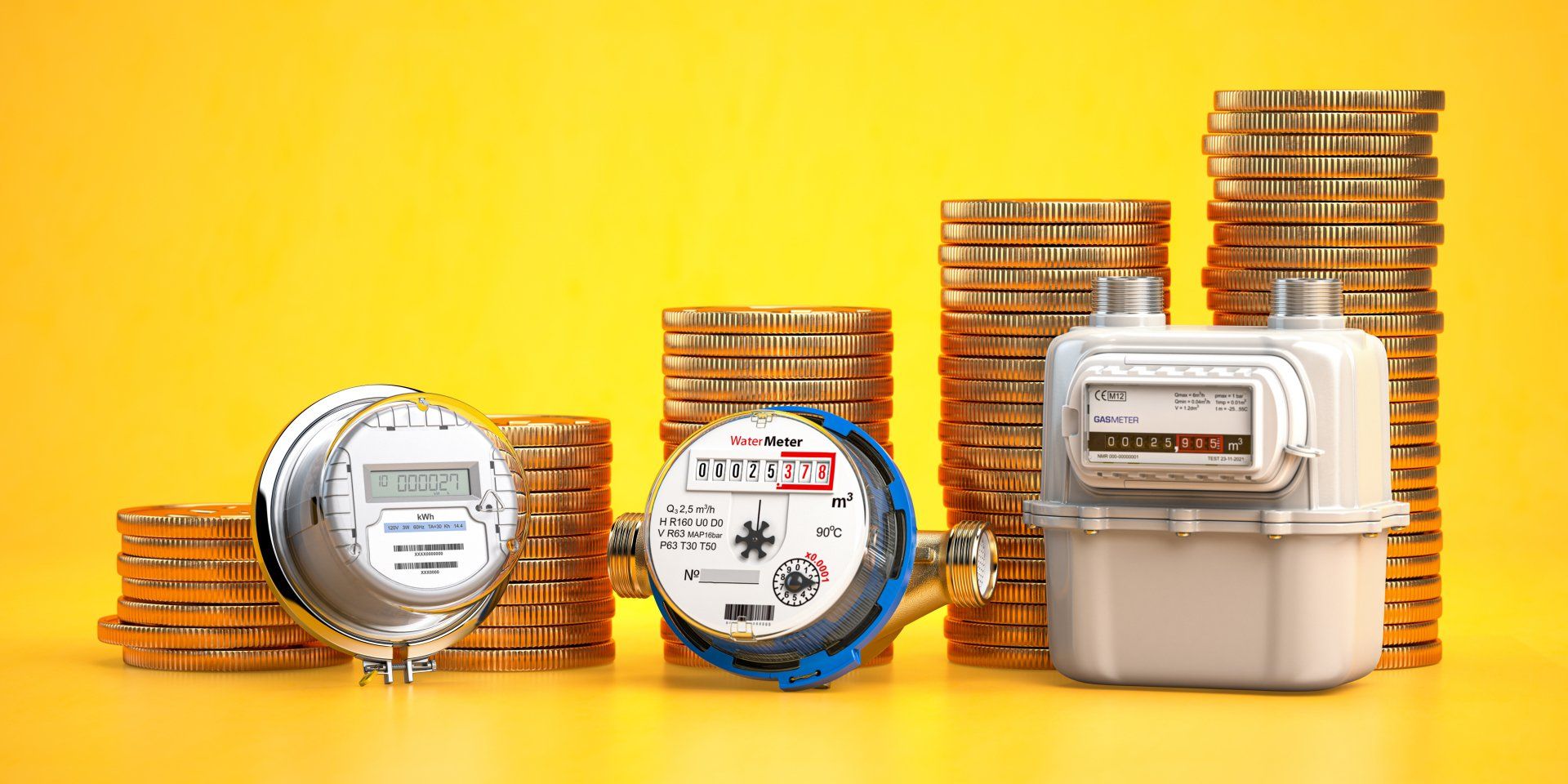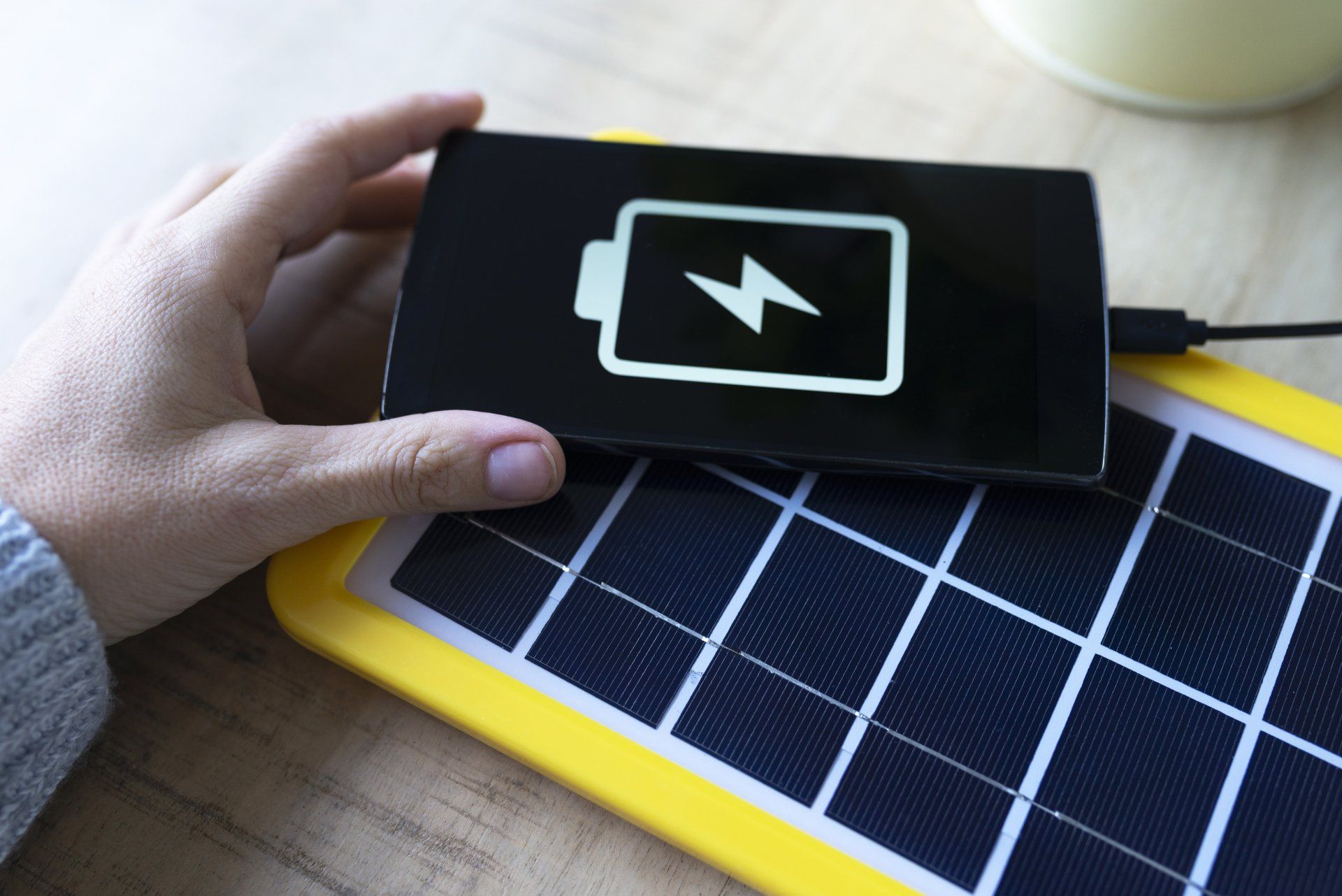Data Security

We take your privacy seriously. All interactions are subject to our Terms of Service, Privacy and Cookie Policies.
Follow Us
Get the latest news delivered to your inbox.
Selling Excess Solar Energy to the Electric Grid: How to Profit from Your Solar Power
Share with Friends
Homeowners can install solar panels on their roofs to generate power for their own use, but what happens to the excess energy that's not used? In many cases, homeowners can sell their excess solar energy back to the electric company.
How to Profit from Your Solar Power
The use of solar power is becoming more and more popular each year. People are beginning to see the many benefits of using solar power, including reducing energy costs, helping the environment, and increasing home values. If you are interested in taking advantage of solar power, there are some things you should know. In this article, we will provide an introduction to solar power and discuss how you can profit from your installation.
What is selling excess solar energy?
Solar energy is becoming more and more popular, as people are looking for ways to reduce their carbon footprint. In some cases, people who have solar panels installed in their homes can generate more energy than they need. What happens to that excess energy?
Homeowners can install solar panels on their roofs to generate power for their own use, but what happens to the excess energy that’s not used? In many cases, homeowners can sell their excess solar energy back to the electric company.
This process is called net metering. When a home generates more energy than it needs, the extra power is sent back to the grid. The homeowner is credited at a rate that’s equal to or greater than what they would have paid for electricity from the grid. This process helps offset the cost of installing solar panels and encourages homeowners to switch to solar power. Under this agreement, the customer’s utility company will buy back any excess energy that is generated by the customer’s solar panels at the same rate that the customer pays for electricity. This is a convenient option for customers who don’t want to deal with managing their own energy production and storage.
A second option is to sell excess solar energy to a third party, such as an electric company or a renewable energy provider. This can be a good option for customers who want to receive payments for their excess energy rather than having it go back to the grid.
Another option is to store the energy in a battery bank. This can be expensive, but it allows you to use the energy when you need it, even when the sun isn’t shining. Another option is to sell the energy back to the electric company or another party. This can be a good way to make some extra money, and it also helps to reduce greenhouse gas emissions.

Share with Friends
Other Articles You may Like




